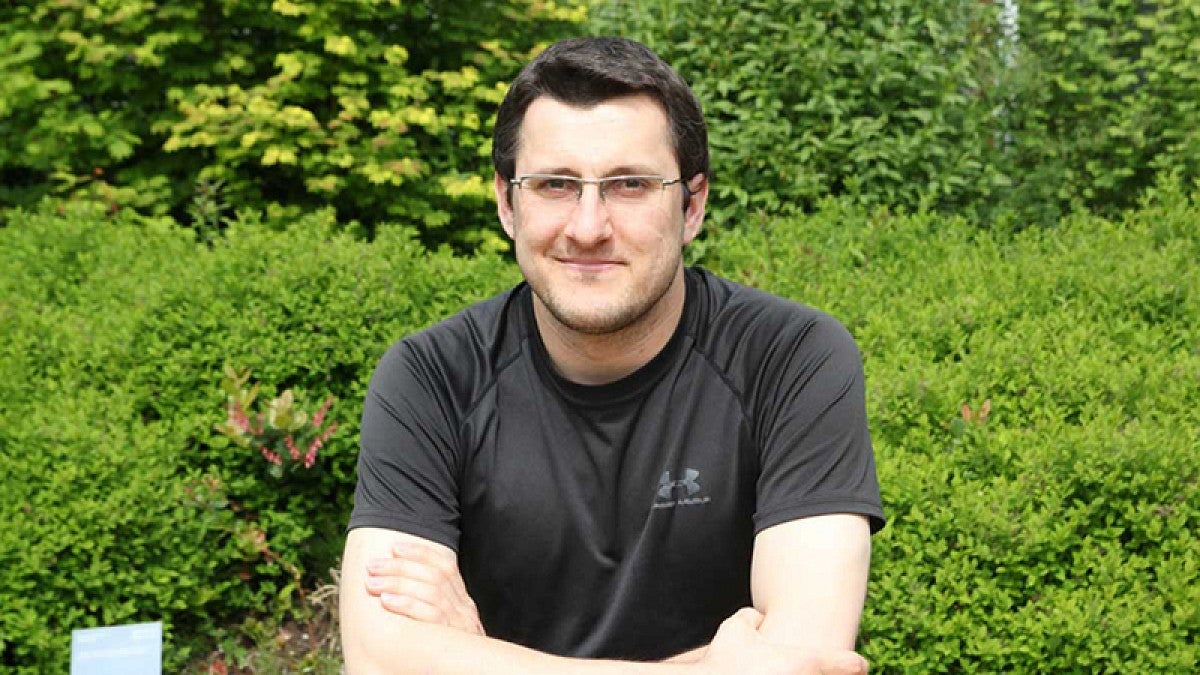Data-driven research by UO biologist Stilianos Louca to explore how microbial life has evolved over billions of years has been boosted by a 2021 Sloan Research Fellowship.
Louca, who joined the Department of Biology and Institute of Ecology and Evolution in 2019, was among 128 early career researchers from 58 U.S. and Canadian institutions to be selected by the Alfred P. Sloan Foundation for the two-year, $75,000 fellowships.
Louca joins an elite group of previously selected scientists to receive the fellowship. Several, including physicists Richard Feynman and Donna Strickland, mathematician John Nash, chemist Paul Lauterbur and economist Eric Maskin, later won Nobel Prizes.
“I feel deeply honored to have received this prestigious award and to be joining an amazing community of previous Sloan fellows,” Louca said. “This recognition encourages me to keep pursuing tough and bold scientific questions. It will greatly facilitate my laboratory's research.”
The award, given annually since 1955, honors extraordinary researchers whose creativity, innovation and research accomplishments make them stand out as the next generation of scientific leaders.
“A Sloan research fellow is a rising star, plain and simple” said Adam F. Falk, president of the Sloan Foundation. “To receive a fellowship is to be told by the scientific community that your achievements as a young scholar are already driving the research frontier.”
Candidates for the Sloan fellowships are nominated by fellow scientists with winners selected by independent panels of senior scholars. A full list of the 2021 fellows is available on the Sloan Foundation website.
The Louca Lab develops quantitative methods for predicting the dynamics and effects of microbial metabolism in a variety of ecosystems.
Last year, Louca and a University of British Columbia colleague shocked the evolutionary biology community with a landmark paper in the journal Nature by revealing that widely used methods for reconstructing past extinction and speciation dynamics based on phylogenetic trees are seriously flawed.
Louca also is working with the same colleague under a National Science Foundation grant to mine public databases for genomic and other data on COVID-19 in an effort to model the spread of the pandemic over time.


